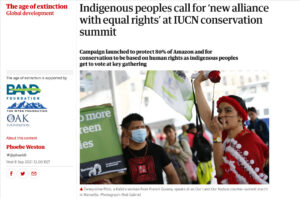On the 20 July 2022, the UN Assistance Mission in Afghanistan (UNAMA) released a report covering the human rights situation in Afghanistan since 15 August last year. It reveals a deeply disturbing state of ongoing and widespread human rights violations. The crisis may have been relegated from the front pages of our newspapers but UNAMA’s findings are again a reminder the issue must not be demoted from the international community’s agenda.
The report confirmed many of the violations Afghan civil society has been documenting since the Taliban’s capture of Kabul last year, including attacks on human rights defenders.
Given the difficulties in documenting violations in the country, the agency’s report likely represents a significant underestimate of the true number of human rights abuses committed during the reporting period. Yet even with this caveat, the report details the extremely difficult situation faced by HRDs in the country.
Between 15 August 2021 and 15 June 2022, UNAMA’s team on the ground documented:
- the killing of 10 human rights defenders, including two women, with five of these cases attributable to the de facto authorities, and three to ISIL-KP. In two of the cases the identity of the perpetrators could not be confirmed.
- 47 instances in which HRDs were arbitrarily arrested, with 11 women among those targeted.
- 17 cases of defenders subjected to incommunicado detention, involving 7 men and 10 women.
- 10 instances in which human rights defenders were tortured, including 1 women human rights defender, with two of the victims subsequently killed.
- 17 cases of threats and intimidation against HRDs, with 6 women and 11 men targeted.
With the abolition of the Afghan Independent Human Rights Commission and the almost impossible conditions for human rights defenders to carry out their work in Afghanistan now, UNAMA has a vital role to play in monitoring human rights violations in the country and preserving the possibility of accountability for these crimes in the future.
The Taliban has rejected the findings of the report, but they should be a wake-up call for the international community, who must now pressure the de facto authorities by all possible means to ensure that Afghan human rights defenders, including women human rights defenders, can exercise their rights without fear of retaliation of any kind.



